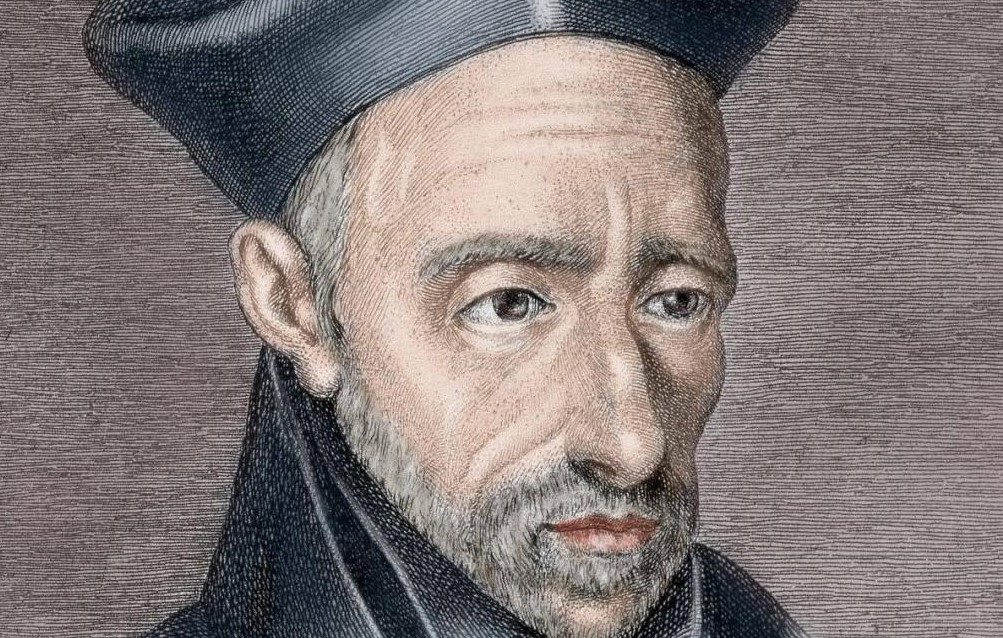Francisco Suárez as the Forerunner of Modern Rationalist Natural Law Theories?
DOI:
https://doi.org/10.14232/kulonbseg.2020.20.1.261Keywords:
Francisco Suárez, natural law, rationalism, voluntarismAbstract
Francisco Suárez’ theory of natural law has always been the object of radically divergent interpretations. As a general rule, those commentators who blame or praise Suárez for departing from Aquinas and adopting nominalist philosophical principles generally regard him as a voluntarist, while scholars seeing in him a creative innovator inside the Thomist camp are inclined to consider him as a kind of rationalist who clearly rejected the voluntarism of Ockham and Scotus. A third type of interpretation suggests that Suárez deviated from the Thomistic natural law tradition in the opposite direction, so that he prepared the way for modern rationalism and secularized natural law theory.
The starting point of this latter reading of Suárez is that he “concedes the essence” (Jean-François Courtine), or “comes close to conceding the substance” (Thomas Pink) of Gabriel Vázquez’ intellectualist position, or „is brought to the brink of” accepting it (John Finnis). Thus, “fundamentally, the divine will remains also in Suárez bound to the rational nature of things. […] To the self-existing good or evil God’s will only appends the special obligation of divine law” (Hans Welzel), which view is only one step from Grotius’ famous “etiamsi daremus” hypothesis.
This paper is mainly intended to refute this line of argumentation. I will argue that the voluntarist elements of the Suárezian synthesis absolutely preclude such an interpretation – not only his well-known general concept of law but also his often neglected notion of ‘lex aeterna’ to which I attribute a key role in this respect.






